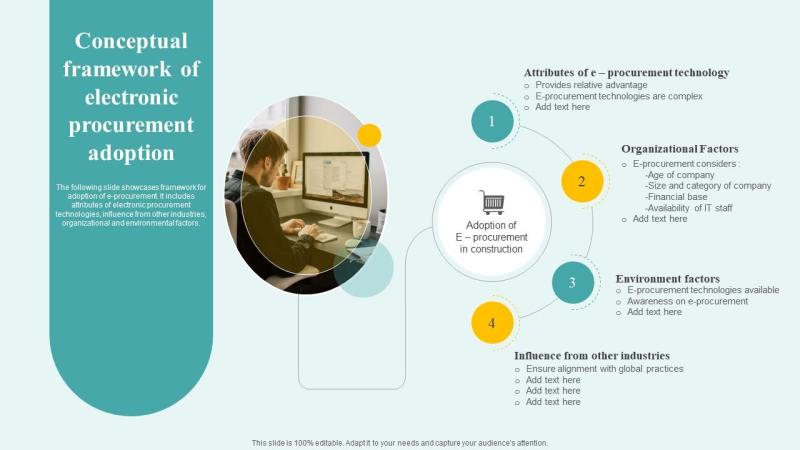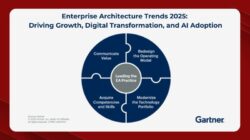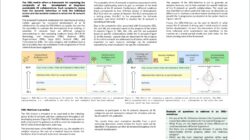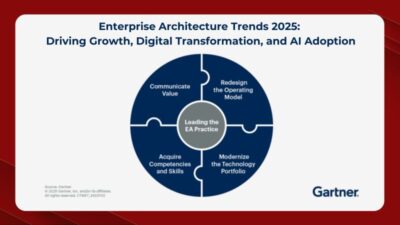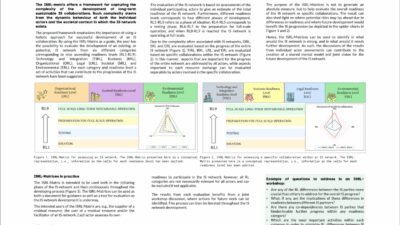Technology Adoption Theoretical Framework – JIK Innovation and Knowledge magazine focuses on how we gain knowledge through innovation and as knowledge encourages new forms of innovation. Not all innovations lead to knowledge. Only sustainable innovations, which can be summarized in many areas, create theories and knowledge. Jack welcomes innovation documents that improve the quality of knowledge or which can be used to develop knowledge. Innovation is a broad concept that includes innovation processes, structures, results, precursors and behavior at an organizational level in the private and public sector, as well as at the individual, national and professional level. JIK articles explore changes regarding the knowledge they present or promote innovation to promote best practices within society.
JIK provides a production for high quality studies undergoing double blind partnerships. In this way, Jack guarantees such studies to achieve a global reading of scientists, consultants, practitioners, international leaders and politicians who acknowledge the importance of innovation and knowledge as economic engines and base their solutions to new ideas and discoveries in innovation and knowledge.
Technology Adoption Theoretical Framework

JIK publishes content in the form of theoretical articles, empirical studies using quantitative or quality methods, practice -oriented documents, teaching oriented documents, case studies, book reviews, conference reports, short articles on current science trends and societies. Jack has published better research on developing topics in the world of innovation and knowledge and attracts a wide reader. Editors welcome suggestions for special topics for publications. JIK articles must demonstrate contextual changes, while highlighting lessons for the broader audience.
A Theoretical Framework Of E-wallet Adoption Among Small-sized Muslim Merchants: An Application And Extension Of Technology Acceptance Model
In short, JIK is an interdisciplinary journal dedicated to the advancement of theoretical and practical innovations and knowledge in a number of areas, including economics, business and management, engineering, science and education. Jack has a wide range in the following areas:
1. Innovations (including, but not limited to: open innovations, perception and distribution of innovation, organizational behavior and innovation, creativity, improvisation and individual innovations, innovations in teams and groups, institutional and social innovations, consequences of innovation, critical approach.
12. Problems affecting education systems developers and teachers applying and managing innovation and knowledge.
The impact coefficient measures the average number of quotes received over a year with documents published in the magazine in the past two years.
Blockchain Technology Adoption In Food Supply Chains: Key Factors, Impacts And Challenges
SRJ is a prestigious indicator based on the idea that not all quotations are the same. SJR uses a similar algorithm as a rank of Google Page; It provides a quantitative and qualitative measure for the impact of the magazine.
SNIP measures the contextual impact of the quotation by recording quotas based on the total number of quotes in a given area.
In a world, increasingly fluent than digital transformation, developing technologies such as blockchain, artificial intelligence and the promise of metavera a great promise for economic and social progress. However, their widespread intake is influenced by various factors that may inhibit or facilitate this process. This study aims to study the main factors that influence the adoption of other generation digital technology, and to determine whether these factors act as obstacles or skills. By integrating the distribution of innovation theory (DOI) and institutional theory, we are developing a new analytical framework for the study of these impacts. Using a two -factor fixed effect, we analyze data from 116 countries from 2019 to 2022. Our analysis identifies key obstacles such as confidentiality problems, illiteracy and limited economic access and emphasizes the opportunities offered by supporting government regulatory and proactive initiatives. The findings provide a nuanced understanding of the conditions needed for the successful approval of digital technologies that provide useful knowledge to politicians and stakeholders, which aim to promote the environment favorable for technological progress.

Introduction positioned as an important point in the field of digital transformation, industry 4.0 emphasizes the impact exerted by digital technology on the operational frameworks of conventional industries (Sung, 2018; Castelo-Branco et al., 2023). From the automation and internet of things (IOT) 1 to the integration and application of Cloud and other technologies calculations, industry 4.0 is aware of intelligent, flexible and efficient production (Majid et al., 2022; Chi et al., 2023). In particular, in the light of the constant climbing of the next generation digital technology, including blockchain (Aoun et al., 2021; Li et al., 2021b), artificial intelligence (Lyu & liu, 2021; Nafizah et al. (2024) al., 2023; Cheng et al., 2024). which is important in the field of finance, logistics and health care. Moreover, blockchain also leads to changes in how societies and organizations cooperate and manage the emergence of intelligent contracts. Changing traditional organizational structure and service mode (Shahaab et al., 2021). The current technology trajectory it has only the potential to achieve the economic impact of approximately $ 13 trillion on a global scale by 2030 through teaching machinery and data analysis, it can quickly extract useful information from large quantities of diagnostic processes (Soto et al., 2021; al. Efficiency and resistance of financial ecosystems (Giadici et al., 2024). Vision (Kim et al. 2023) and the detection of an anomaly (Jiang et al., 2023a). Promise in various sectors, including education, health, entertainment and abroad (Aldausari et al. Generations (5G), 2 cloud calculations, he, virtual reality, blockchain, digital coins, iot and man -human complex (Lim et al., 2023). Tlili et al., 2023). However, technological progress has created a series of challenges. A complete understanding of fields such as data and internet security (Reddy et al., 2022). the environment and the role of the government sample are not only the means to deal with the problems that arise
Conceptual Framework Of Digital Technology Adoption Ppt Sample
Theoretical framework samples, theoretical technology, conceptual framework theoretical framework, theoretical framework format, what theoretical framework, theoretical framework, qualitative theoretical framework, technology adoption framework, cbt theoretical framework, theoretical framework diagram, technology framework, theoretical domains framework
